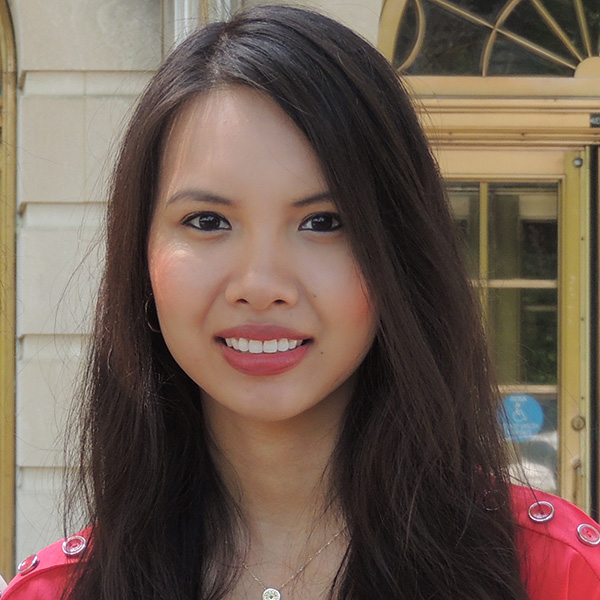Why I #ChooseCardiology – Cardiac Imaging

During my training, I was drawn to the vast diversity of acuity encountered in medicine. Cardiology is a field that magnifies a range of experiences. On a daily basis, a cardiologist may be called upon to be a master of a wide spectrum of situations, leader in times of crisis and compassionate listener in times of peace. I was captivated by the prospect of being thrown into this medical hot pot, excited about every experience from caring for a crashing cardiac care unit patient to a routine outpatient in clinic.
This viewpoint has largely played out in my fellowship. Beyond the pleasure of taking part in all levels of care, I have also relished the chance to build every skillset that my job entails. Even within a single day's work, I find myself bouncing between planning long-term care management, performing complex procedures, and interpreting the multitude of diagnostic tools that modern medicine has to offer. I also cannot think of any organ system that lends itself to compassionate bonding with patients more than the heart.
While I am very appreciative of the extensive mentorship that I received throughout my internal medicine and cardiology training, my father continues to be a prominent role model in my life. He is not a cardiologist. In fact, he has very little connection to medicine at all beyond flying medical evacuation missions and delivering medical supplies during the Vietnam War. He spent six years as a prisoner of war following South Vietnam's fall to communism before making the journey to the U.S. in search of a better life for his family. I have often wondered what possessed him to become a pilot and motivated him through the extraordinarily hard times he experienced. He simply believed that he could make the most difference in the lives of those around him as a pilot, and so that was what he should do.
While navigating through medical training, I have taken pride in my ability to seek out and assimilate new experiences. However, I have also kept the lessons that my father taught me close to heart. As such, my career path has formed with a taste for discovery and the goal to have a meaningful impact on those around me. The subspecialty of cardiac imaging has allowed me to build on both of these aspects. I am in awe of the expansive range of pathology/physiology that passes though the imaging department. Moreover, the technology within cardiac imaging is ever-evolving, and calls on the physician not only to be abreast of the disease processes but also the physics used to optimize exams. Choosing among the various paths available for answering diagnostic dilemmas is a careful balancing act between the degree of precision necessary to provide optimal care and the cost/risks of obtaining the information. Furthermore, it has always amazed me just how much value can be added efficiently and cost-effectively with a simple echocardiogram.
In cardiac imaging, I have found a track that will energize my interests for the foreseeable future. For those considering a career in cardiology, your years of training are challenging and can appear overwhelming at times. However, you are also given the opportunity to take part in many lifesaving and life-changing experiences. Thus, I would suggest that you do not allow yourself to be turned off because certain aspects of the training may not be what you are looking for in a long-term career. In the end, cardiology is an extremely fulfilling field regardless of what path you follow. It promises a constant stream of academic and clinical rewards for those who take on the journey.
This article is part of the ACC WIC Section's #ChooseCardiology series, where women in residency, fellowship and early career are encouraged to share why they would choose cardiology again.
This article is authored by Thuy Nguyen, MD, Fellow in Training (FIT) at the University Hospitals Cleveland Medical Center in Cleveland, OH.

